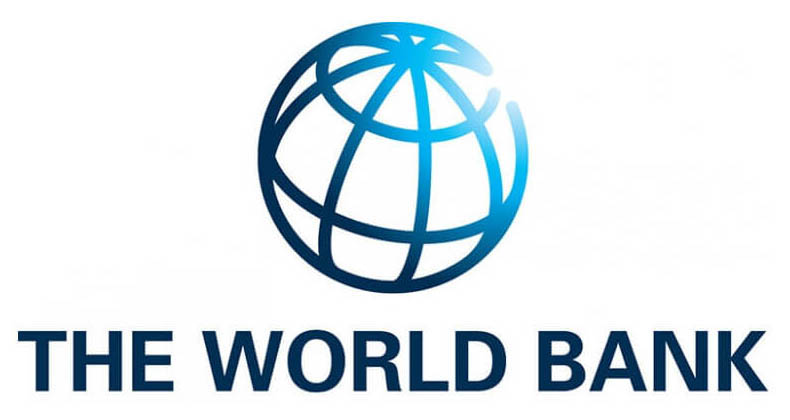Even as a handful of countries around the world, Guyana included, anticipate varying degrees of ‘development upturn’ in the period ahead, expert probing by the World Bank is sending signals that there are likely to be widely varying development experiences among countries in the period ahead as the global economy braces itself to experience what a World Bank expert suggest could be a global economy on the brink of its weakest half-decade performance in three decades, according to the most recent presentation of the Bank’s “Global Economic Prospects” report. As the international community approaches the midpoint of what had been envisaged as a “transformational decade” for the development of the global economy, World Bank Deputy Chief Economist, Ayhan Kose, has opined that the world may be set to embrace its weakest half decade performance in 30 years.
The arresting disclosure arose out of an assessment of the state of the global economy on the World Bank’s media programme, ‘Expert Answers’ from the Bank’s Deputy Chief Economist on Tuesday January 9th. The likely manifestations of the slump are expected to be a slowdown in global growth, this year, for the third consecutive year, dipping to 2.4% from 2.6% in 2023. Growth, thereafter, is then expected to rise marginally to 2.7% in 2025, though acceleration over the five-year period will remain almost three-quarters of a percentage point below the average rate of the 2010s. Ironically, while the World Bank appears to see the global economy, currently, as being “in a better place than it was a year ago,” it is also concerned that “mounting geo-political tensions” could deliver an altogether different picture, going forward.
In contextualizing his pronouncement, Kose asserts that until recently the global economy had been “remarkably resilient” with “some large emerging markets like India, Indonesia, Brazil and Mexico” delivering “robust growth rates” and inflation had been coming down “without a major slowdown… ” and while interest rates went up significantly, “we did not see a major financial crisis in a large economy.” According to the senior World Bank official, “there is resilience” that the bigger picture was not one of overwhelming rosiness.
Kose’s caution about the likelihood of any short term improvement in the condition of the global economy is buttressed by the observation that external conditions remain very difficult for developing economies. “Geo-political tensions are on the rise” and “financial stress is a possibility because of very high real interest rates.” He notes, as well, that while inflation will continue to come down, it will not reach “to the levels central banks are comfortable with, at least in this year,” a circumstance which he asserts, “means real rates will remain high… So the situation remains fragile.” And according to Kose, a “critical ingredient” in remedial action is investment in growth. “There are very large investment gaps when we think about meeting sustainable development goals, delivering the type of necessary infrastructure investment in the context of climate. So countries need to increase investment growth,” the World Bank official added.





